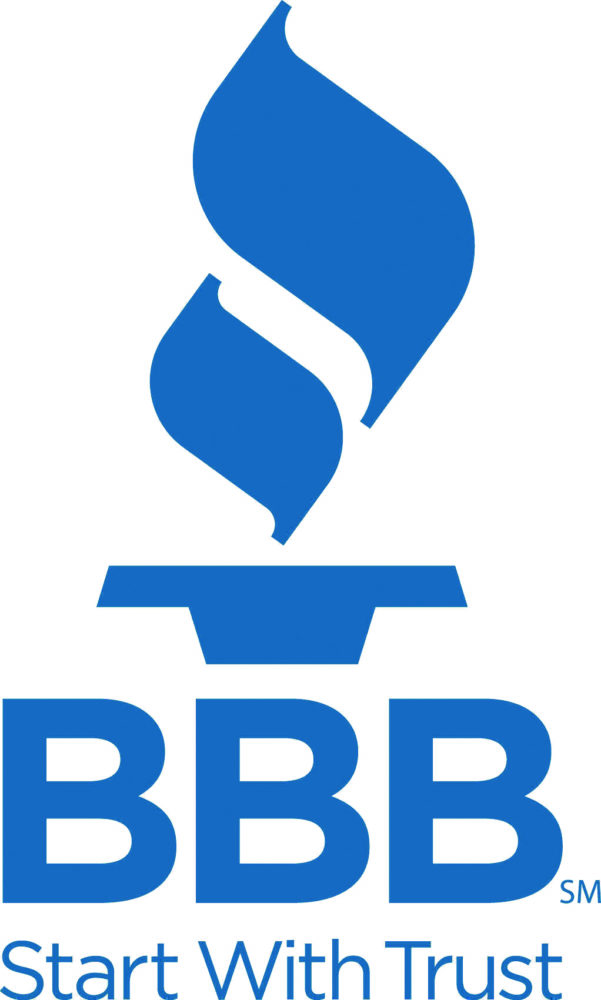
BBB says respect for elders nonexistent in the world of scammers
By Vee Daniel, CEO/President Better Business Bureau of the Upstate
Elderly Americans are primary targets for scammers for several reasons. There’s money to be had because seniors are more likely to have a “nest egg,” or to at least have their home paid off. Seniors are more likely to be interested in products that promise to offset the effects of aging.
They are more inclined to be polite to strangers and therefore less likely to disengage from a scammer’s conversation.
Furthermore, the elderly are less likely to report that they have been taken advantage of. Sometimes this is because of unfamiliarity with the proper channels to report it through, but it also may come from shame. Seniors don’t want to give evidence to their friends and loved ones of vulnerability for fear of having their independence reduced.
Better Business Bureau of Upstate South Carolina has some tips and advice for identifying the many schemes used by crooks to steal from senior citizens.
Elder-scam spotting
Diligent watchfulness and familiarity with common elder scams are necessary to prevent the cruel deviousness of these crooks. These are some of the top scams aimed at seniors (but capable of fooling others as well):
- Fake charities. Especially during hurricane season, eyes should be peeled for con artists trying to trick those who want to help storm victims. Visit Give.org to read up on BBB reports about specific charities. Scammer charities may have names that sound very similar to legitimate, well-known organizations. Ask lots of questions about the charity – distribution plans, past experience, staff and infrastructure, general effectiveness.
- Grandparents scam. This one’s been around a long time and never seems to diminish in popularity. A crook will call a senior saying, “Hi, Grandma, know who this is?” Once a name is guessed the con starts with a sad story about being stranded somewhere and desperately needing money wired to them.
- Medicare/Insurance impersonators. Scammers call saying they are with Medicare or an insurance company and need to send a new card. Personal information is requested, sometimes even an “initial payment.” It’s a phishing attempt, angling to hook your money and your identity.
- Telemarketing fraud. Callers offer free or low-cost health care products, supplemental insurance, prescription cards or inexpensive vacations. These too are phishing attempts.
- The “Can you hear me?” scam. All the caller wants is to get a “yes” response, record it and use it as evidence that the victim agreed to a product or payment.
- Investment scams. Knowing seniors want to maximize their fixed incomes, scammers call or email with pyramid schemes, advance-fee schemes and other sometimes foreign fraud scams.
- IRS scam. Impersonating an IRS employee, a scammer demands personal information for a fictitious crime or tax fraud event they claim took place. It’s important to remember the IRS never contacts via phone.
- Jury duty scam. Scammers will impersonate a member of the local government and claim you are subject to immediate arrest unless you prove your identity, for having missed jury duty.
Unfortunately, this list of elder scams is far from complete. It’s vital that seniors stay informed, stay vigilant and have a support network of trusted friends and/or family to help act as gatekeepers thwarting scammers.
We hope that you never do, but should you become the target of a scam, call the BBB Elder Fraud program hotline at (864) 240-2080 or report the scam using BBB Scamtracker at BBB.org/ScamTracker. You can also email questions or concerns to info@upstatesc.bbb.org. The mission of the BBB Elder Fraud program is to assist seniors in recognizing and resisting fraudulent offers and possible scams.



